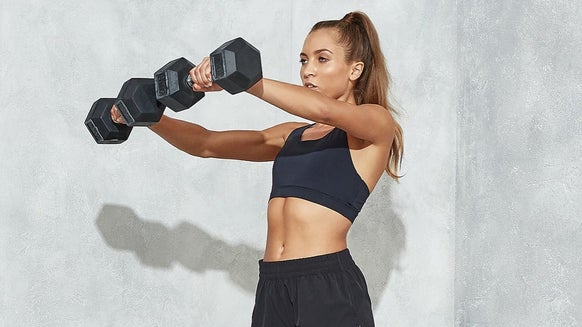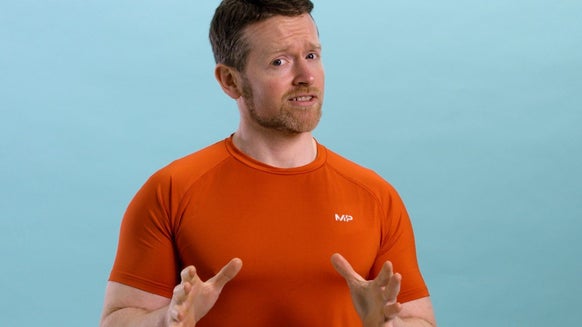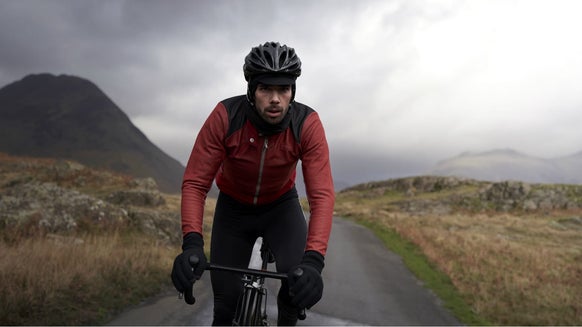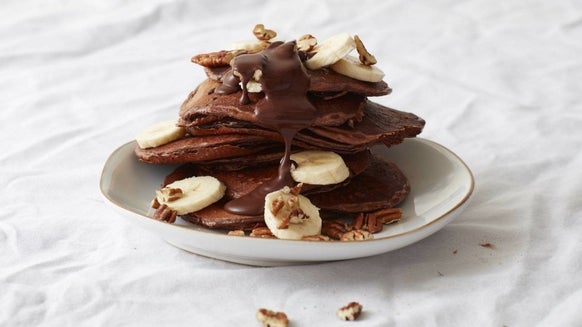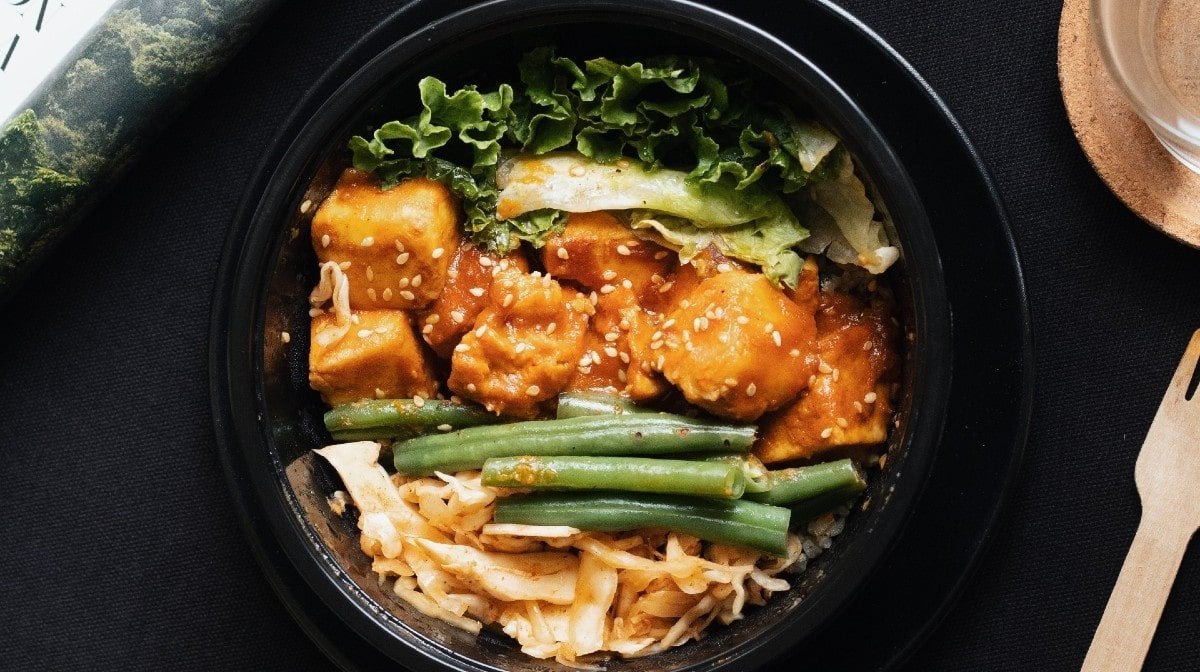

What are complete proteins?
Proteins are long chains of smaller building blocks called amino acids. There are twenty overall - eleven that our body can make on its own, and nine essential amino acids that must be consumed in our diet. These nine essential amino acids are:
- Histidine
- Isoleucine
- Leucine
- Methionine
- Phenylalanine
- Threonine
- Tryptophan
- Valine
Eight vegan complete protein sources
Take home message

Claire is a Registered Dietitian through the Academy of Nutrition and Dietetics and a board-certified Health and Wellness Coach through the International Consortium for Health and Wellness Coaching. She has a Bachelor of Science in Biology and a Master’s degree in Clinical Dietetics and Nutrition from the University of Pittsburgh.
Talking and writing about food and fitness is at the heart of Claire’s ethos as she loves to use her experience to help others meet their health and wellness goals.
Claire is also a certified indoor cycling instructor and loves the mental and physical boost she gets from regular runs and yoga classes. When she’s not keeping fit herself, she’s cheering on her hometown’s sports teams in Pittsburgh, or cooking for her family in the kitchen.
Find out more about Claire’s experience here.
